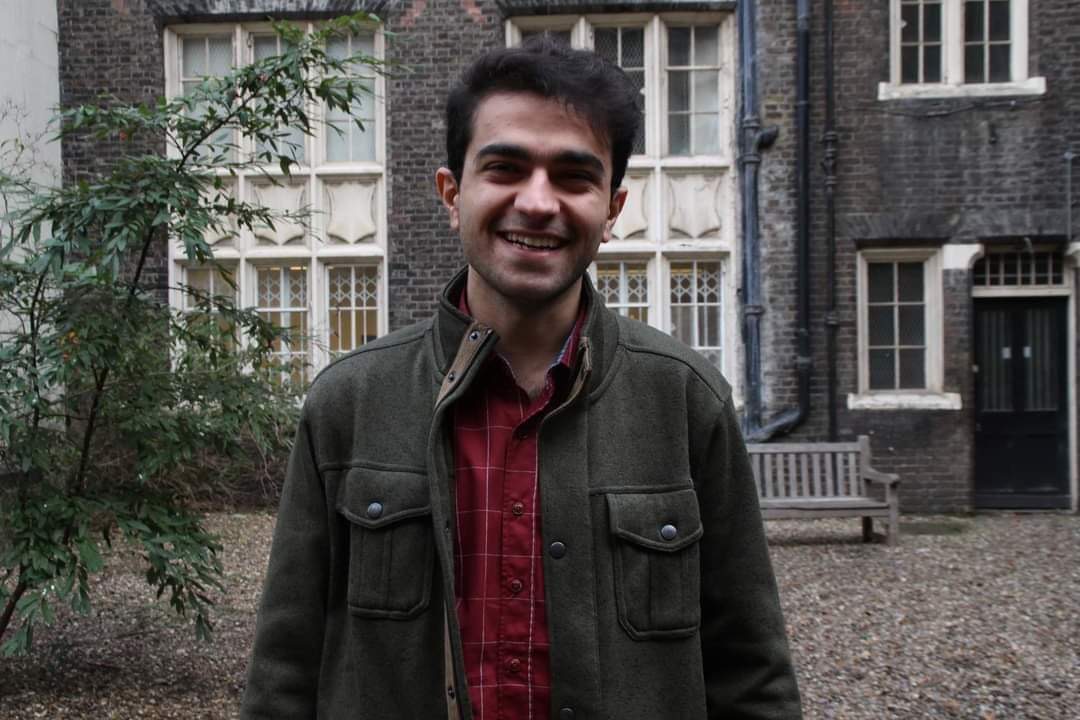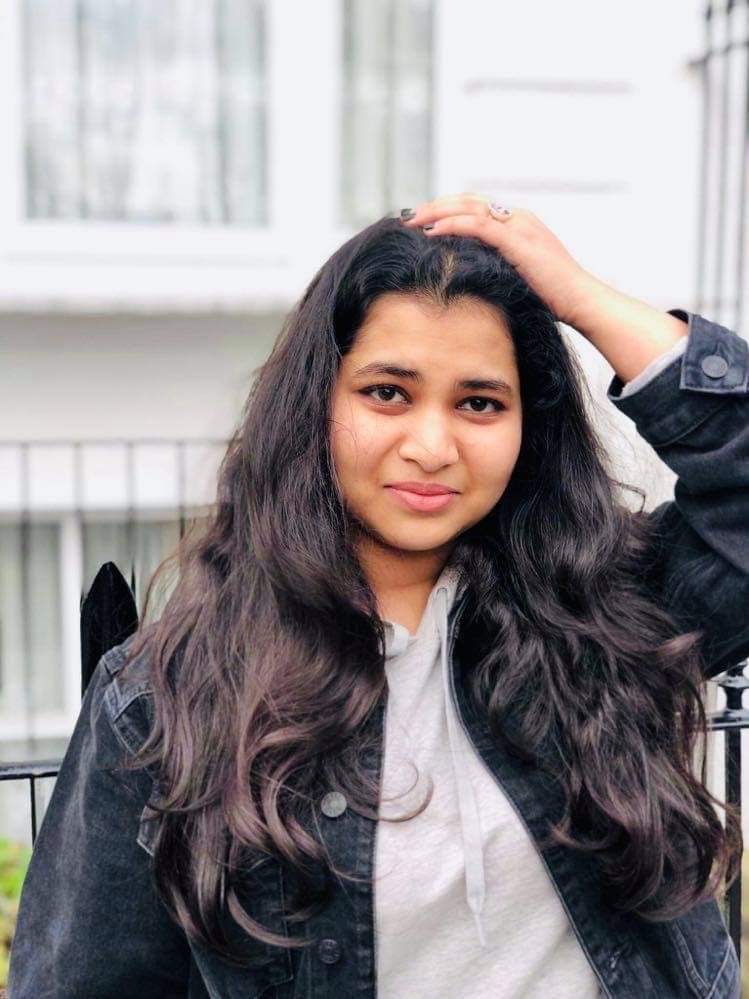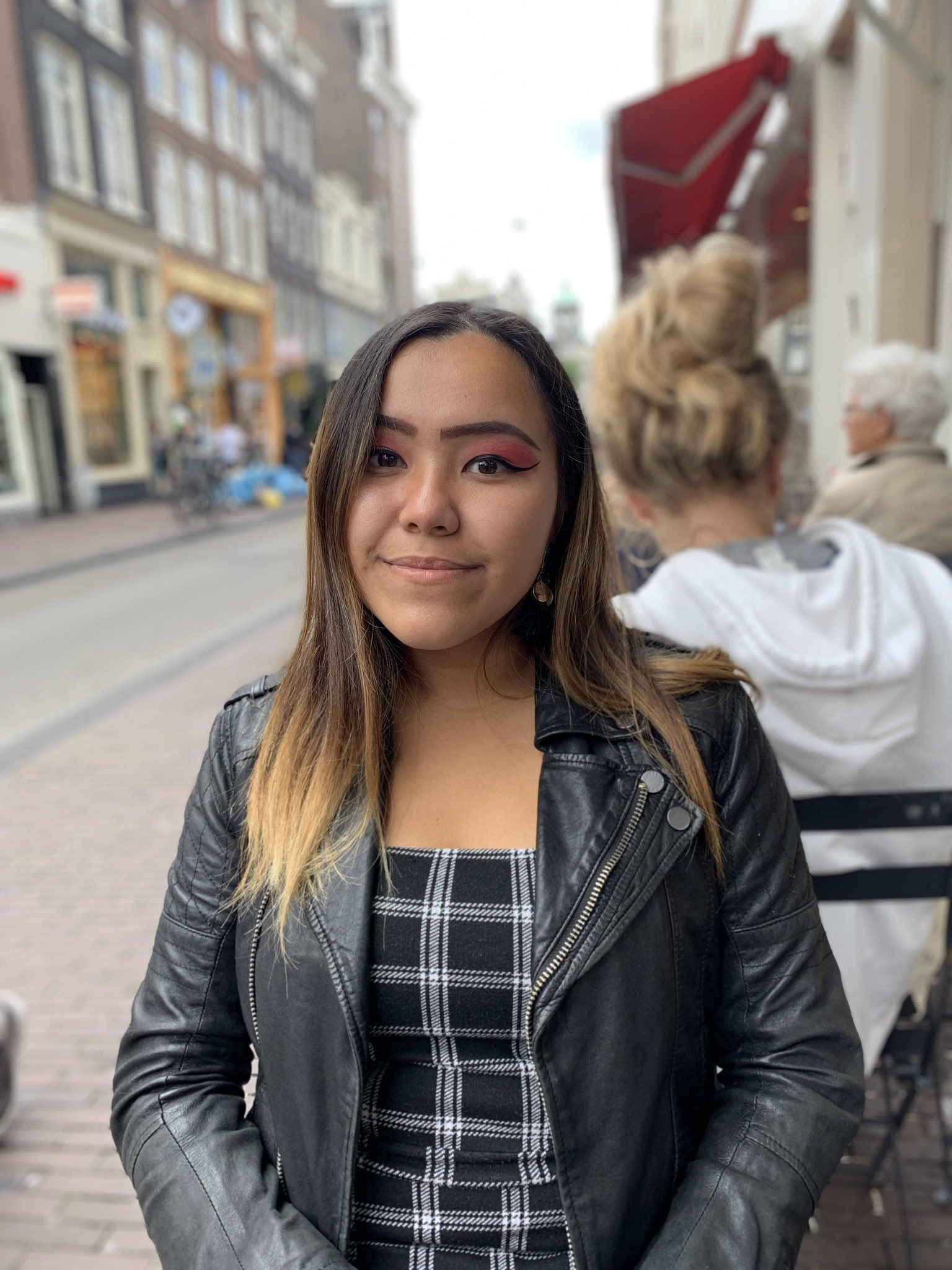In the UK, everything you do – where you shop, what you eat, how you live – is a reflection of your class. Some people are so obsessed with these cultural markers that they may present themselves as poorer than they actually are, even when they are stinking rich – a phenomenon confirmed by a new study by LSE that found a privately-schooled actor and an architect’s son both identifying, somehow, as working class.
If you grew up here, you might already know people like this. But for those who weren’t raised in the UK, this whole obsession with class is probably really bizarre. VICE spoke to a few foreigners who study or studied at British universities to find out what they found strange or surprising about the class system.
Videos by VICE

DAVID, 25, SINGAPORE: ‘PEOPLE WOULD DOWNPLAY THEIR MORE PRIVILEGED ROOTS’
What struck me the most was that people from the middle or upper classes would downplay their more privileged roots. There are definitely very rich people out there pretending not to be rich, or acting like it is cool to be working class. There was this whole moment when Big Shaq became mainstream that I observed more people using roadman slang and appropriating working-class accents, when they were not working class. I found this very strange.

AMIKA, 22, SWITZERLAND: ‘CLASS IS SUCH A STRONG MARKER OF IDENTITY’
It’s strange to me how strong class is, as a marker of identity. I’m Indian and Muslim and that has always been the main marker of my identity. Most people I know use ethnicity or religion to define their identities. I was surprised to see that class is so essential here, that being working class or middle class is used to separate people. The disparity here between the classes is very wide.
What I also find strange is the obsession with the schools people went to. In Switzerland, there are state and private schools, but you didn’t feel like people were getting more opportunities just because of the school they attended. It’s very much linked to class here. It’s weird that people are socialised from young to think that going to a specific private school means you’ll be successful. And that people look down on others who didn’t go to those schools, when they might not have had the privilege to attend.

OSAMA, 26, PAKISTAN: ‘THERE’S A CERTAIN SMUGNESS ABOUT WHERE YOU LIVE’
Class is such an immutable part of life here and I think that speaks to the power of the British class system. The most shocking aspect to me is the sheer divergence in the spaces occupied by the various classes and how little overlap there is between them. For example, there’s a certain smugness about where you live, whether you live in east or west London, which are code words for the different classes. You would see people’s reactions change when you told them you lived in a particular area, say Walthamstow. They would ask, “Is it safe? Is it not ridden with crime?”, even though I’ve never felt out of place or in danger in those areas. I’ve found this smugness when it comes to accents as well – certain accents are considered posh or working class.
I later realised that there was a different sense of entitlement between those who were privately educated and those who were not. This was even between people of the same ethnicity – there was a lot of tension there. And it’s very obvious that there is a certain inclination to look down on the working class. Take a look at Brexit – people always blame it on working class voters, calling them “uneducated”, but never the millionaires who supported the campaign.

GRIG, 33, GERMANY: ‘YOU WERE EITHER AN INSIDER OR AN OUTSIDER’
I went to boarding school and university in the UK. The thing that stood out the most for me, was that people here are very cliquish. It was always divided by class. I always felt that there was pressure to be in certain group or belong to a certain clique. There were different crowds depending on the area you lived in, and it mattered which clubs, restaurants or cafes you visited or hung out in, which of course, depends on your class. To be “cool” you had to go to certain parties or count certain people as your friends, and I never liked that. You were either an insider or an outsider. I felt this more in London than I ever did in other cities like Berlin.

EMMA, 21, KENYA: ‘I DIDN’T REALISE THE EXTENT OF POVERTY HERE’
Coming from Kenya where the rich-poor divide is very obvious, I thought initially that the gap between the classes wasn’t very noticeable. However, I learned over time that it was more implicit, based on their clothing or the way they spoke. It’s more symbolic.
But what really shocked me was the state of poverty here. It’s so widespread – I didn’t know it was that bad. I saw people lining up for food banks in Cardiff and I was like whoa, this is almost like Kenya. I really didn’t realise the extent of poverty here, especially since coming to the UK you have this perception that it’s a very wealthy country.

ANUSHREE, 20, INDIA: ‘THE WORD “POSH” IS USED SO LIBERALLY OVER HERE’
The first thing I noticed was the use of the word “posh”. I feel like they use it quite liberally over here. Anything that’s not really well-known [or a] popular chain like Tesco, Sainsbury, Topshop, or Primark is considered posh. Like if you’re going to Waitrose or you’re just buying something nice for yourself, which is okay, it’s almost as if you’re doing something that generally, only the upper class people do. It’s something that I’ve come across time and time again.
Something else that struck me was that whenever I talk to British people here about the Indian culture or history, they seem quite fascinated with the Indian caste system. We no longer use it in Indian politics or academia; our society is more complex than that. However, British people’s fascination of the Indian caste system seems to signal the parallels they see with the British social class system. To me, it seems like the way class is structured here is similarly rigid, and that certain lifestyles or mannerisms are associated with certain classes.

MICHELE, 22, HONG KONG: ‘THERE’S A LOT OF STIGMA HERE ABOUT WHERE YOU LIVE’
One thing that really confused me when I first came here was the class discrimination against people in social or council housing. A lot of people live in the equivalent of social or council housing in Hong Kong. I grew up around people who did, it was never a big deal. But there’s a lot of stigma here about where you live and the type of housing you live in.
It was also really strange to see how much class is talked about, and how everyone is so stressed about it all the time. My friends would say, “It’s weird that you’re friends with us. Because you’re from a higher class, you know, and people don’t usually mix across the classes.” There’s this assumption that international students are of a higher class, which is not always true. What I found weird was that people don’t really mix if they’re from a different class.

TOMASZ, 24, POLAND: ‘I’VE ALWAYS FOUND THE UK TO BE VERY DIVISIVE’
When I first came to the UK, the thing that surprised me the most was how divided the UK society was. It seems like everyone’s really friendly, and referring to each other as “mates”, but most of the time, people choose to associate themselves with those from a similar background. It’s only the first week back at university and I’ve already encountered someone saying they would never be friends with another person because of their background.
People are very nice, they help strangers and all, but when it boils down to establishing actual friendships, I’ve always found the UK to be very divisive. And the main thing that divides people is class.
More
From VICE
-

-

Photo: Larry Crain / Getty Images -

George Carlin (Photo: NBCU Photo Bank/Paul Drinkwater) -

Photo: OKrasyuk / Getty Images


